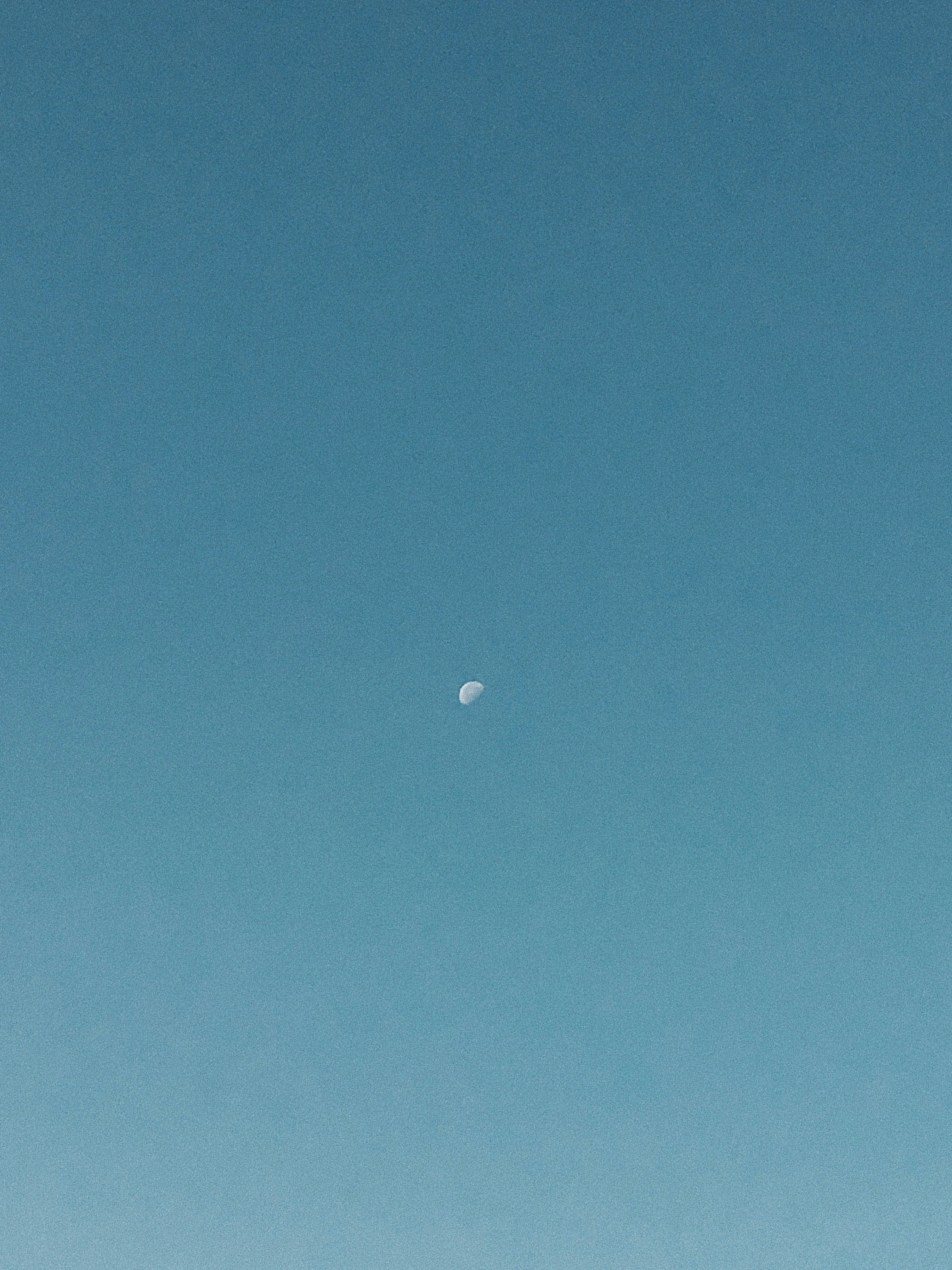Third-party nations serve as disguises: China exports goods masked within their borders to sidestep American custom taxes.
It looks like Chinese exporters are getting crafty to dodge those steep American tariffs, y'all! They're employing a sneaky tactic known as "place-of-origin washing" – a move that can make the origin of products as clear as mud.
These cunning cats are shipping goods through third countries like Malaysia, relabeling them, and before you can say "my tariffs are too high," they end up in the US with lower taxes. China's neighbors are starting to feel like they're getting used as transit stations for Chinese exports, and that's causing quite a stir.
South Korea already spotted over 21 million bucks' worth of products with fake origins in the first quarter of the year, mainly coming from China. Neighboring countries like Vietnam and Thailand are putting their traders on high alert, urging them to be extra vigilant when checking incoming goods.
The Financial Times chatted with a rep from a Chinese company named Baitai Lighting, who was all too happy to spill the beans. She said that, sure, the tariffs are a pain, but if they ship the goods to neighboring countries first, they'll avoid the high taxes and still breeze into the US market.
However, for the goods to qualify for lower tariffs under US trade law, they'd need to undergo significant processing or manufacturing that substantially increases their value. Fun fact: South Korea's customs authority reported that most of the products with fake origins in the first quarter of the year were bound for the US.
An international trade consultant told the Financial Times that "origin washing" is the main play exporters are using to sneak around US tariffs. Another trick in their bag involves mixing pricey and cheap goods, manipulating the overall costs for shipments and slipping past the tariff check. The Chinese Ministry of Commerce didn't return a request for comment.
In a nutshell, it seems like "origin washing" is on the rise – especially given the US has slapped tariffs of up to 145% on Chinese goods. Despite the challenges, the US and other countries are stepping up their game to tighten regulations and keep tabs on the movement of goods. The trade war between the US and China is heating up, and it looks like the stakes are getting higher!
What if the customs officials get curious and ask, "Where is the actual finance coming from?"In light of the increasing use of "origin washing," finance departments might need to prepare detailed records to prove the legitimacy of the goods' origins.




